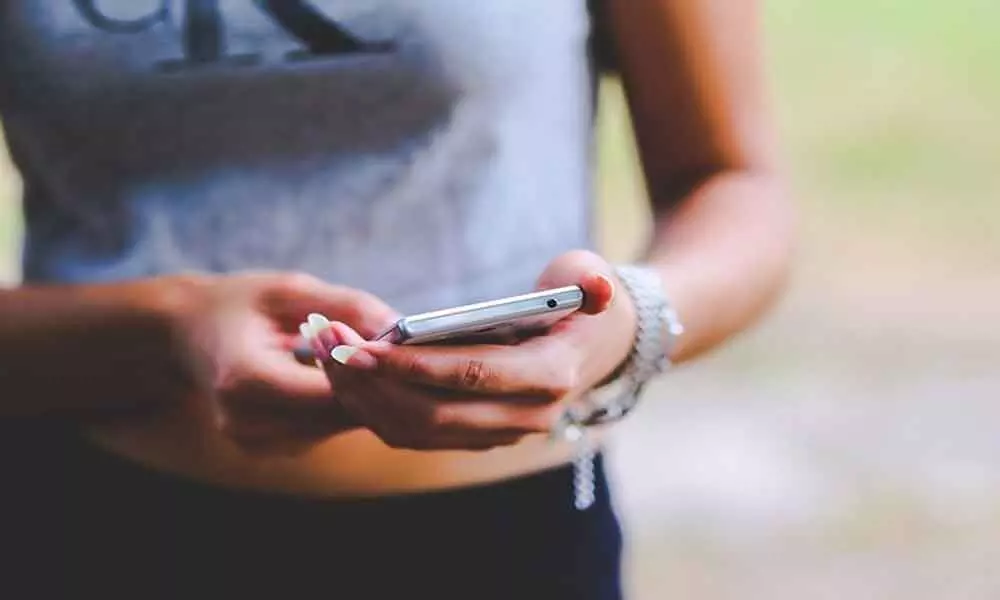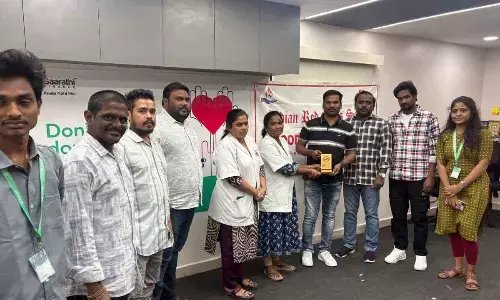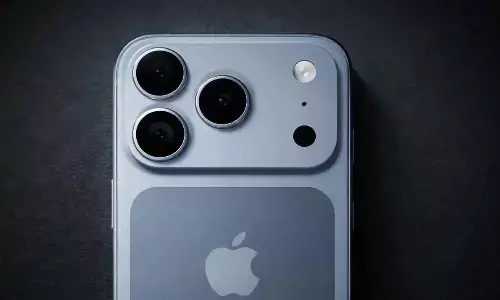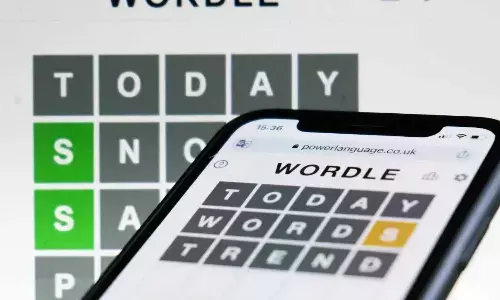Beware of weight loss apps!

According to scientists at the Hyderabad-based National Institute of Nutrition (NIN), not all health and nutrition information being dished out on digital platforms and mobile apps may be reliable.
Hyderabad: A large number of urban people are influenced by the digital data in making decisions related to food, nutrition and health. But the imminent question that arises is: are these apps and digital data reliable?
According to scientists at the Hyderabad-based National Institute of Nutrition (NIN), not all health and nutrition information being dished out on digital platforms and mobile apps may be reliable.
In a scientific study by NIN, 20 top ranking apps available in Google Play store for weight management were set up by those who were not health experts. The study revealed that most of the apps did not provide accurate information with any significant impact on weight or eating behaviour of the participants.
The apps were scored on a 55-point scale developed by modifying internationally available scales considering quality assessment features using Indian reference standards to suit Indian context. The study reports that 13 out of 20 apps had scored below 70 per cent. Many apps did not use authentic or scientifically approved data and did not appear to have considered important determinants of calorie requirement like a person's activity level.
"If the same person uses all the 20 apps he or she will obtain 20 different kinds of suggestions which might be highly confusing. For example, a 22-year-old female with sedentary lifestyle, with a height of 163 cm, weighing 66 kg, and a weight loss goal of 500 gm per week, was suggested 20 different calorie requirements varying between 1,191 and 1,955 Kcal by 20 apps," said Subba Rao M Gavaravarapu, scientist at NIN, who led the study team.
Though users generally prefer to use the most downloaded app or an app with highest number of star ratings, the study found even apps with millions of downloads did not score too well in the study.
In the study, when some overweight volunteer subjects were asked to use any of the top three downloaded apps of that time, for 8 weeks, most of them had made their choice according to the star ratings and reviews of the app.
However, they did not show any significant reduction in weight or waist to hip circumference after using them. There was hardly any change in their dietary pattern as most of the volunteers felt it was too cumbersome to manually feed their diet data in the app every day. However, volunteers regularly keeping track of their real time activity data from the apps had become more active by the end of the study period.
• As part of a study NIN, some overweight volunteer subjects were asked to use any of the top three downloaded apps for 8 weeks
• Most of them made their choices according to the star ratings and reviews of the app.
• However, they did not show any significant reduction in weight or waist to hip circumference after using them.
• There was hardly any change in their dietary pattern, it is found

















